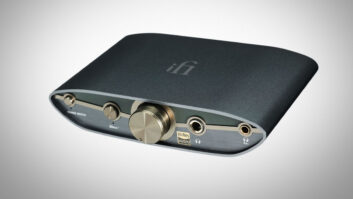“Mobile communications have played a key role in bringing hope and higher living standards to billions of people [in developing countries, and the trend] “promises to accelerate in the coming decade as the capabilities of smartphones spread across the globe,” Nokia CEO Olli-Pekka Kallasvuo said in his International CES keynote yesterday.
Speaking as part of CES’s third annual Technology In Emerging Countries program, Kallasvuo also pointed out that cellphones are not only a source of good business but a force for good. In the developing world, Nokia approaches business “from the point of view that you can do good business, and do good at the same time,” he told a packed audience.
In developing countries, the cellphone “has done more to improve people’s lives than perhaps any technology in history,” he said.
Nokia has done its part by driving down the cost of basic handsets through its global scale and efficiencies so that phones are affordable to the world’s poor populations, although many people still must pool their money to jointly buy and share a single phone, he said.
In these countries, Nokia provides Nokia Tools applications that farmers in India and Indonesia use to get pesticide advice and the latest information on crop prices and weather.
Nokia also provides basic-phone apps that help people learn a second language, use prepaid minutes as a type of currency to send to relatives in need of cash, and cut through India’s notorious bureaucracy to streamline the ordering process between textile retailers and suppliers, he said.
Nokia developed these applications to deliver needed services in countries where data networks are unavailable and where consumers can’t afford smartphones, he said. Because many consumers can’t afford GPS-equipped phones, he added, Nokia developed an SMS-based service that uses cell-tower-location technology to create an online store of locally available products and services.
In the first half of this year, Nokia will commercially launch an online banking service that people can use to pay bills and transfer money. Although there are 4.6 billion cellular subscriptions in a world with 6.8 billion people, there are only 1.6 billion bank accounts, he noted.
Kallasvuo used his bully pulpit to urge app developers and others to put more emphasis on creating products and services for the developing world. Nokia Life Tools costs users only $1/month, but those revenues can be multiplied by billons, he pointed out. “As this new frontier of upward mobility expands, it will open up countless opportunities — not just for the mobile industry, but for a wide range of businesses, content providers, software developers and entrepreneurs,” he said.
Putting his money where his mouth is, Kallasvuo announced a venture challenge that will award the winning company with a $1 million investment from Nokia for creating software, hardware or a service that will improve people’s lives. Details are at www.callingallinnovators.com.













